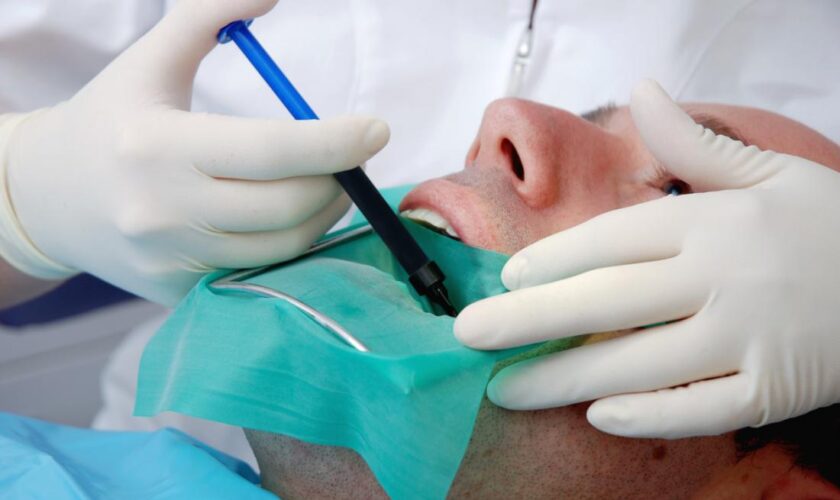Introduction:
Absence seizures, also known as petit mal seizures, are a type of generalized seizure characterized by brief episodes of altered consciousness or “absences.” While absence seizures may appear subtle compared to other types of seizures, they can have a significant impact on a person’s daily life, especially if left untreated. In this comprehensive guide, we explore everything you need to know about absence seizures, including their causes, symptoms, diagnosis, treatment, and when to seek the expertise of the best neurologist in Ongole for management and care.
What are Absence Seizures?
Absence seizures are a type of generalized seizure that primarily affects children, although they can occur in adults as well. During an absence seizure, the person may suddenly stare blankly into space, appear to be daydreaming, or exhibit brief, repetitive movements such as blinking or lip smacking. These episodes typically last for a few seconds to half a minute and are often mistaken for moments of inattention or absentmindedness.
Causes of Absence Seizures:
The exact cause of absence seizures is not fully understood, but they are believed to result from abnormal electrical activity in the brain. Factors that may contribute to the development of absence seizures include:
- Genetic Factors: There is evidence to suggest that genetic predisposition plays a role in the development of absence seizures, as they can run in families.
- Brain Abnormalities: Structural abnormalities or lesions in the brain, such as tumors, strokes, or malformations, may increase the risk of experiencing absence seizures.
- Neurotransmitter Imbalance: Imbalances in neurotransmitters, the chemical messengers in the brain, may contribute to abnormal electrical activity and seizure activity.
- Other Medical Conditions: Absence seizures may occur in association with other medical conditions, such as epilepsy syndromes like childhood absence epilepsy or juvenile absence epilepsy.
Symptoms of Absence Seizures:
Absence seizures can present with various symptoms, which may include:
- Sudden, brief episodes of staring into space
- Unresponsiveness or lack of awareness during episodes
- Lip smacking, blinking, or other repetitive movements
- Brief loss of consciousness or awareness
- Abrupt cessation of ongoing activities
- No memory of the episode afterward
Diagnosis of Absence Seizures:
Diagnosing absence seizures typically involves a comprehensive evaluation by a healthcare professional, such as a neurologist. Diagnostic tests may include:
- Medical History: The healthcare provider will review the patient’s medical history, including any reported seizure activity, family history of seizures, and associated symptoms.
- Physical Examination: A thorough physical examination may be performed to assess neurological function and identify any signs of underlying medical conditions.
- Electroencephalogram (EEG): An EEG is a non-invasive test that records electrical activity in the brain. It can help detect abnormal brain wave patterns characteristic of absence seizures.
- Imaging Studies: Imaging tests such as magnetic resonance imaging (MRI) or computed tomography (CT) scans may be ordered to evaluate the structure and function of the brain and identify any abnormalities.
Treatment Options for Absence Seizures:
Treatment for absence seizures aims to reduce the frequency and severity of seizures and improve overall quality of life. Common treatment options may include:
- Antiepileptic Medications: Medications such as ethosuximide, valproic acid, or lamotrigine are often prescribed to help control seizure activity and prevent recurrence of absence seizures.
- Lifestyle Modifications: Making lifestyle changes such as getting adequate sleep, managing stress, avoiding triggers, and maintaining a healthy diet can help reduce the frequency and severity of seizures.
- Ketogenic Diet: In some cases, a ketogenic diet, which is high in fat and low in carbohydrates, may be recommended as a treatment option for individuals with refractory absence seizures.
- Vagus Nerve Stimulation (VNS): VNS therapy involves implanting a device that delivers electrical impulses to the vagus nerve, which can help reduce seizure activity in some individuals.
- Deep Brain Stimulation (DBS): DBS is a surgical procedure that involves implanting electrodes in specific areas of the brain to modulate electrical activity and control seizures.
When to Seek the Best Neurologist in Ongole:
If you or a loved one experience symptoms suggestive of absence seizures, it’s important to seek evaluation and care from a qualified healthcare professional, such as the best neurologist in Ongole. A neurologist specializing in epilepsy and seizure disorders can provide a comprehensive assessment, accurate diagnosis, and personalized treatment plan tailored to your specific needs.
Conclusion:
Absence seizures are a type of generalized seizure characterized by brief episodes of altered consciousness or “absences.” While absence seizures may appear subtle, they can have a significant impact on a person’s daily life and overall well-being. By understanding the causes, symptoms, diagnosis, and treatment options for absence seizures, individuals can better manage their condition and improve their quality of life. If you suspect you may be experiencing absence seizures, don’t hesitate to seek evaluation and care from the best neurologist in Ongole for expert guidance and support.









